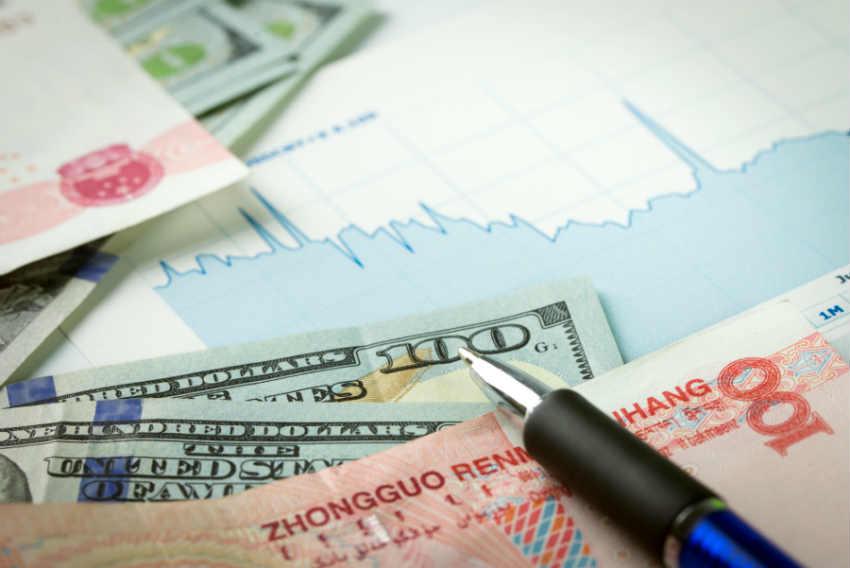
Will OFAC Respond to Stalled Democratic Reform in Burma?
Current crisis could spur OFAC to re-implement some, if not all, of the economic sanctions lifted in 2013.
Since at least last year, many have hyped Burma as the next great economic frontier in Asia. When the U.S. Government, through its Office of Foreign Assets Control (OFAC), lifted its broad country-based sanctions against Burma, the economic predictions appeared to have finally come to fruition. For the first time in decades U.S. businesses would legally be permitted to invest in Burma. Unfortunately, it appears that hope for a new economic frontier is deflating as quickly as it formed.
The Washington Post reported on July 6, 2014 that President Obama was hoping Burma would be that rare U.S. foreign policy success. A military junta relinquishes power as a result of American diplomacy without a single U.S. troop on the ground. “But two years after Obama made a historic visit to the Southeast Asian nation, the achievement is in jeopardy,” the article states.
According to the Washington Post:
Burma’s government has cracked down on the media. The parliament is considering laws that could restrict religious freedom. And revered opposition leader Aung San Suu Kyi, who welcomed Obama to her home in 2012, remains constitutionally barred from running for president as the country heads into a pivotal election next year.
The situation is most dire in Burma’s western reaches, where more than 100,000 Rohingya Muslims are living as virtual prisoners, with little access to health care and food. The fast-deteriorating conditions prompted Tomás Ojéa Quintana, a former United Nations special rapporteur for human rights, to say in April that there is an “element of genocide” in the Rohingyas’ plight.
Given these developments, anyone considering investing in Burma should consider the cost of having to comply with U.S. economic sanctions if country-based sanctions were re-implemented against Burma. Such a development would be very disruptive, and potentially very expensive. Anticipating what sectors or entities might be targeted first, in the event of re-implementation, could go a long way in protecting one’s investments. This is in addition to anticipating and accounting for the regulatory risks currently associated with conducting business in Burma.
The current risks include the risk of inadvertently transacting with entities that are determined by the Secretary of the Treasury, in consultation with the Secretary of State, to be owned or controlled by Burmese persons appearing on the SDN List. Although country-based sanctions have been lifted, U.S. persons are still prohibited from transacting with Burmese SDNs. Such owned or controlled entities will likely appear on the SDN List, because OFAC’s interpretation of the regulations require some affirmative action by the Secretary of the Treasury to determine that the entities are owned or controlled by an SDN. However, if the entity is believed to be at least 50 percent owned by an SDN, the property and interests in property of such an entity may be blocked regardless of whether the entity itself appears on the SDN List. See Guidance on Entities Owned by Persons Whose Property and Interests in Property are Blocked.
Hopefully Burma does not backslide in its historic pro-democratic reforms. But those engaged in business in this region should take into account the OFAC risks, both future and present, associated with undertaking such activities.
Disclaimer: Blog posts should not be relied upon as legal advice and are only provided for informational purposes. Information contained in blog posts may also become outdated with the passage of time as laws change and U.S. foreign policy and national security objectives evolve.

